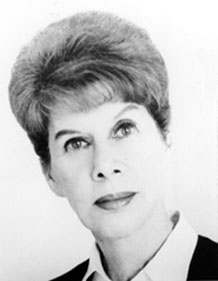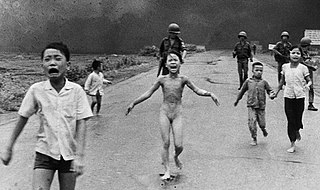A Quote by Anita Brookner
Related Quotes
When writing goes painfully, when it’s hideously difficult, and one feels real despair (ah, the despair, silly as it is, is real!)–then naturally one ought to continue with the work; it would be cowardly to retreat. But when writing goes smoothly–why then one certainly should keep on working, since it would be stupid to stop. Consequently one is always writing or should be writing.
It's despair at the lack of feeling, of love, of reason in the world. It's despair that anyone can even contemplate the idea of dropping a bomb or ordering that it should be dropped. It's despair that so few of us care. It's despair that there's so much brutality and callousness in the world. It's despair that perfectly normal young men can be made vicious and evil because they've won a lot of money. And then do what you've done to me.
Trying every day to tell the truth is hard. There are harder things, of course - arguably, living with lies and meaninglessness, living in despair is harder, but it's hardship disguised as luxury and easier perhaps to grow accustomed to, since truth is usually the enemy of custom. There are harder things than writing, being President Obama, for instance, and having to deal with House Republicans, or trying to fix the leak at the Fukushima reactor, these are harder, but writing is hard.
The muse appears at the point in my writing when I sense a subtle shift, a nudge to move over, and everything cracks open, the writing is freed, the lanuage is full, resources are plentiful, ideas pour forth, and to be frank, some of these ideas surprise me. It seems as thought the universe is my friend and is helping me write, its hand over mine.
When Levin thought what he was and what he was living for, he could find no answer to the questions and was reduced to despair; but when he left off questioning himself about it, it seemed as though he knew both what he was and what he was living for, acting and living resolutely and without hesitation.
Compared with the person who is conscious of his despair, the despairing individual who is ignorant of his despair is simply a negativity further away from the truth and deliverance. . . . Yet ignorance is so far from breaking the despair or changing despair to nondespairing that it can in fact be the most dangerous form of despair. . . . An individual is furthest from being conscious of himself as spirit when he is ignorant of being in despair. But precisely this-not to be conscious of oneself as spirit-is despair, which is spiritlessness. . . .
One hundred years of delay have passed since President Lincoln freed the slaves, yet their heirs, their grandsons, are not fully free. They are not yet freed from the bonds of injustice. They are not yet freed from social and economic oppression. And this nation, for all its hopes and all its boasts, will not be fully free until all its citizens are free.
Hope is a terrible thing, she said. Is it? Yes, it keep you living in another place, a place which doesn't exist. For some people it's better than where they are. For many it's a relief. From life, she said. A relief from life? Is that living? Some people don't have a choice. No and that's awful for them. Hope is better than misery, he said. Or despair. Hope belongs in the same box as despair. Hope is not so bad, he said. At least despair has truth to it.
An individual in despair despairs over something. . . . In despairing over something, he really despair[s] over himself, and now he wants to get rid of himself. Consequently, to despair over something is still not despair proper. . . . To despair over oneself, in despair to will to be rid of oneself-this is the formula for all despair.






































